An exploration of the growing LGBTQ culture on college campuses began with Focus on Common App where readers learned that “gender” data is captured on the college application platform. In Datamining for Synthetic Futures readers learned that in 2022, the largest coordinating body of higher ed, the American Council on Education (ACE), of which Common App is a member, joined forces with the Carnegie Foundation, the organization charged with classifying such institutions. Together they push for “gender identity” to prevail over sexed reality. Also revealed has been a snippet of The Things They Study at academic research centers across America where cultivating students for synthetic futures is the name of the game.
In 2021 ACE released a report “Well-Being for Students with Minoritized Identities.” The report paints a campus picture of micro-aggressions, biases and environmental barriers leaving one to wonder how previous generations ever managed to graduate at all. This post explores how technology interventions like online assessments, platforms, and chatbots help drive this dystopian future.
The ACE minority report boils down to a sales pitch for a globalist idea of “well-being.” In 2019 11k students from 28 schools were captured in the Wake Wellbeing Assessment and collected by the The Wake Wellbeing Collaborative at Wake Forest University. The collaborative is a place where licensed therapists will affirm a student’s wrong sex identity, an activity commonplace on campuses across the US today. And yet it is in places like this that no longer believe in sexed reality where assessments in mental health take place.
A Transformation in Education
The ACE report informs that marginalized identities on college campuses have risen from 29% to 44% of the student population over the past decade. Efforts to transform education into a globalist version of “diverse” have occurred during this time. Common App partners Reach Higher, MainStay, College Advising Corps, the Jack Kent Cooke Foundation, the Bill and Melinda Gates Foundation, and others help lead the transformation.
“Diverse” might be understood here as crippled by identity. This can mean a racial or ethnic identity but also an identity that has been socially or medically cultivated such “genderqueer” and “transgender.” Once identities are cultivated and believed, next up is carving out services for these identities. Technology is the globalist tool for this. What must not happen – ever - is breaking psychological control over victims.
The truth is marginalized students are used as social and political change agents. Creating a myriad of conflicting identities convinced of their marginality is key to the ruse. Students supported in their identities are reduced to datasets for control.
Common App Partners
Common App partners are wedded to the global DEI initiative of synthetic sex. Take for instance these Common App partners who fund synthetic sex initiatives:
In 2007 the Bill and Melinda Gates Foundation granted 120k to Odyssey Youth Center in Spokane, WA for “Education and Human Service Needs.” This youth center is part of the Odyssey Youth Movement pushing “gender” initiatives in the Northwest.
In 2018 the Jack Kent Cooke Foundation awarded Dustin Nowaskie, a female physician living as a transman, a Quinn Prize to expand her OutList, an online medical directory for the LGBTQ population.
In 2021 The Michelson Foundation awarded a Spark Grant to California State University to create “The Resilience Inventory” allowing students of “vulnerable populations” to self-identify. Identification options include “transgender” and “non-binary” alongside “black” and “indigenous.”
In 2023 the Mellon Foundation awarded 1m to the University of Kansas Department of Women, Gender and Sexuality Studies for transgender initiatives.
The Pandemic Response: More Well-being Initiatives
In the afterword, the Ace minority report professes the surprise of the Coronavirus pandemic while reminding readers of “further widening systemic inequities.” The remedy they say –community well-being, of course! Does anyone else find it strange well-being assessments were poised to take on the new challenge? And just what is their idea of a “post pandemic higher ed experience” mentioned? The goal is to transform the future of education for a technocratic world. Keeping people dumbed down by identities and mental health challenges keeps them manipulative and marketable for this future.
The Wake Forest Wellbeing Assessment is not a one-off but one of several rolling out across the country. All of these assessments have been crafted over the past 20 years while the mental health of college students has declined. Could the real intention of these assessments be something other than helping students?
Similar to the Wake Wellbeing Collaborative and the American College Health Association (ACHA)Assessment (discussed here), Healthy Minds Network (HMN) was launched in 2010 and offers yet another higher ed well-being assessment. HMN boasts that they are “one of the nation’s premier research organizations contributing to adolescent and young adult mental health.” But how can this be true when they use virtue signaling pronouns?
HMN funding partner Christie Campus Health is a perfect example of the toxicity of gender and tech. In 2024 Christie Campus Health was acquired by Uwill. Uwill is a mental health technology platform started in 2020 that serves over 2m students at over 300 universities. With their Umatch program and “25% LGBTQIA+” therapists any confused student is sure to find dangerous advice.
HMN provided a 2019 report to ACE titled “Investing in Student Mental Health .” Number one on their recommendation reads in part, “Healthy Minds data show that students of color, first-generation students, LGBTQ students, international students, and low-income students face unique mental health burdens and barriers to care.”
The current narrative is framed as an emergency driving students and campuses to embrace the agenda. Convinced of the emergency, colleges purchase the assessments, and then the services, often in the form of tech platforms, to ameliorate the problem. Tech companies are lining up with solutions. The counseling industry is so corrupted by the LGBTQ agenda who then populate the tech platforms offering services. Those in charge of the narrative have no intention of solving problems and the tech platforms are only looking for business prospects.
Tech Leads the Way
Apart from the NGOs offering grants for minorities like the Jack Kent Cooke Foundation, Common App partners with over a dozen tech companies for the integration of goods and services supporting the counseling sector. Diversity, Equity, and Inclusion seem to be a package deal in the tech sector. Are there any tech companies not playing the global “gender” game? Once “gender” is unleashed on digital platforms, it can be easily adopted by partner organizations. In 2017 the year after Common App made “gender marker” changes Naviance, another popular college and career platform, followed suit. An illusion of truth begins to emerge for gullible young users.
Most Common App board members hail from higher ed. Stephen M. Smith, CEO of Intellispark is a standout hailing from the tech sector. He has made a career of online product development for educational purposes. He is not armed with a background in education as one might imagine but in marketing and technology.
Intellispark designs tech platforms for students to “thrive” using Social and Emotional learning (SEL) strategies. Their focus is on “defining and leveraging the next evolution” of school counseling using DEI initiatives. This renders the idea of a neighborhood school district extinct by ushering in unwelcome initiatives.
In this SEL/DEI Intellispark discussion a counselor discusses the book I Am Jazz (see 19:30). Jazz Jennings was a young boy when he was coerced into a female “gender identity” and ushered through surgical castration and the creation of a neo-vagina in full view of the American public. The Intellispark counselor gushes about the importance of the book as her fellow counselors nod in agreement. These are the people leading society into a de-sexed future!
Chatbots come to Campus
Tools to maintain “marginality” are imperative. In a world where everyone is beholden to their “smart” devices this becomes easy. Common App partner MainStay started as AdmitHub in 2014 “to make college access more equitable through technology” using AI chatbots. Today the platform supports millions of students on hundreds of campuses with, they claim, “empathetic, conversational guidance” throughout the college experience.
2014 also marks the year First Lady Michelle Obama started the college access campaign Reach Higher. Reach Higher was acquired by Common App in 2019. With happy smiling faces not a word about LGBT is found on the Reach Higher platform, but do not be fooled by this. Reach Higher partners include the Jack Kent Cooke Foundation, funder for the OutCare medical directory noted above, Get Schooled, an organization that shares resources for an LGBTQ college immersion experience, and others of similar ilk.
President Obama’s support of LGBT initiatives is no secret. Notable is also Michelle Obama’s prior employment by the University of Chicago Medical Center where the Pritzker School of Medicine is recipient to one of the largest benefactors of the synthetic sex industry, The Pritzker family.
Welcome Chatbot Oli
It was not long before Reach Higher and AdmitHub were working together to develop a chatbot named Oli. Could behaviors, thoughts and emotions be curated into globalist traps with chatbots? At MainStay “kindness rules,” “inclusive, student first” language is used, and pride is celebrated.
Nudge Theory
Mainstay trains organizations in techniques like nudge theory. Could a campus AI bot drive more patients into harm’s way in the synthetic sex industry? Let’s consider what happened during the pandemic.
Not long after the pandemic was unleashed, AdmitHub rolled out a “free Covid chatbot” with campaigns from three letter agencies across participating college campuses. The Covid injection has led to the highest number of deaths and injury for any vaccine in history. Young populations on college campuses were never in harm’s way, but how were they to know if a campus bot influenced by global agendas provides the prevailing information?
To further unravel “gender” concerns around the use of AI, let’s look at one of Mainstay’s partners, Irrational Labs. Irrational Labs is an organization that applies behavioral science to tech platforms founded by Dan Ariely and Kristen Berman in 2013.
Dan Ariely believes in managing people via social engineering and behavioral economics. He is a professor of psychology and behavior economics at Duke, a best-selling author, and a man with deep contacts and questionable practices. Despite concerns he retains his prestige at Duke where he leads a lab called the Center for Advanced Hindsight.
The Center for Advanced Hindsight is funded in part by Blackrock, an organization that has long funded the synthetic sex industry. Duke University has been home to Transgender Studies Quarterly for over 20 years, is considered an “emerging hub for youth gender transitions” and has a Fertility Center that takes, “pride in your health.”
Irrational Labs claims to “tap into the psychology of decision making to drive change at scale” and this they do. Can anyone have faith that campus chatbots created under the influence of Irrational Labs, three letter agencies, or campuses that have cowered to the agenda would do anything but nudge students into the “gender” abyss?
Consider one of Irrational Labs clients, One Medical, who is “here, open, and receptive however you come.”
An Insurance Connection
Campus health assessments are serving the global cause where marginality, mental fragility and synthetic sex identities are important. They serve industry. The ACE “minoritized identities” report is funded in part by Blue Cross Blue Shield of North Carolina and Wake Forest University. Readers might recall the interesting association between Kaiser Permanente, the City of San Francisco, and the move to provide transgender health insurance in the early 2000s. Kaiser was not alone at the time. Blue Shield of CA was in on it too. Readers will learn in the next post about an insurance initiative in health equity where the collection of Social Determinants of Health (SDOH) and Sexual and Gender identity (SOGI) data are poised to populate global platforms.
Remember, technology does not have inherent good and empathy can only come from people, not devices. It is those behind technology that can render it constructive or destructive to society. In the case of “gender” it is destructive. The identity of schools across the country are being usurped by technology and the digital chains are fast upon us all.





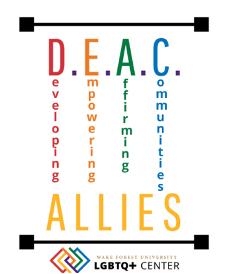

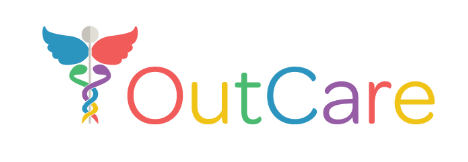
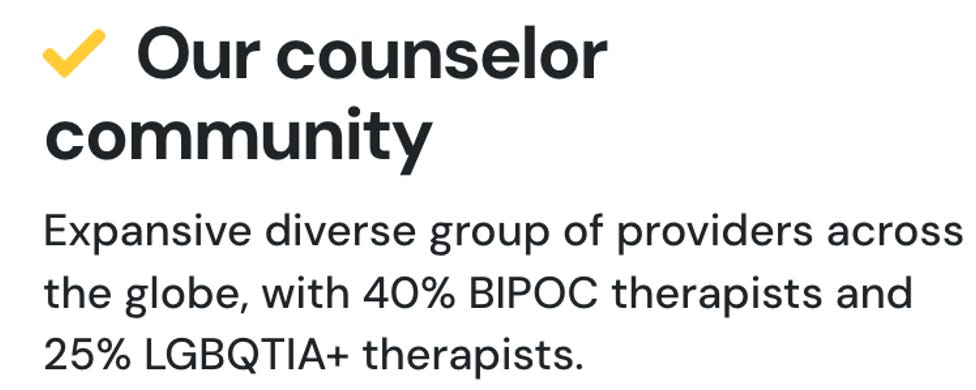
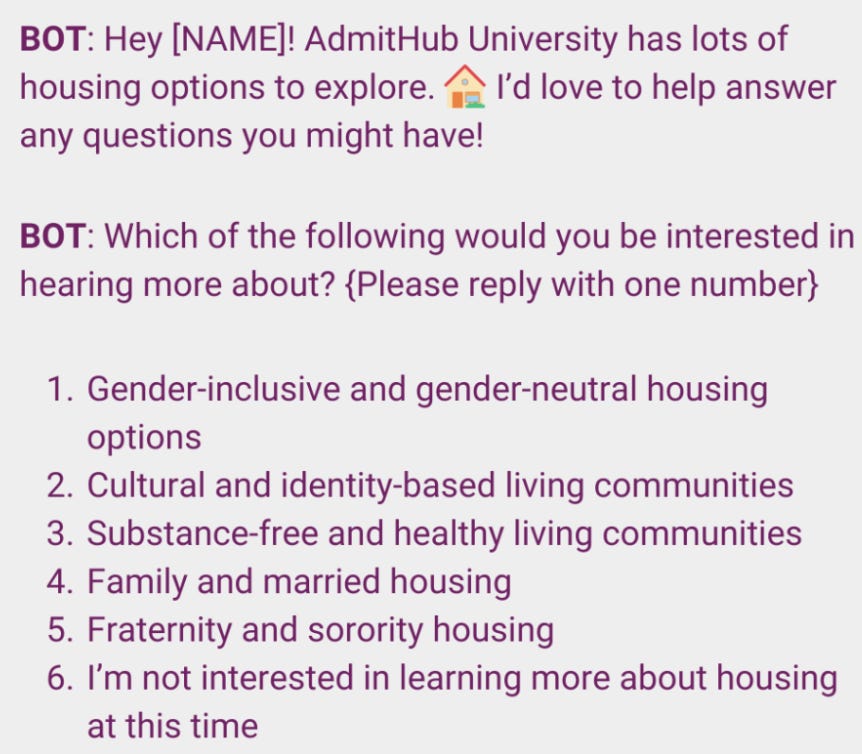
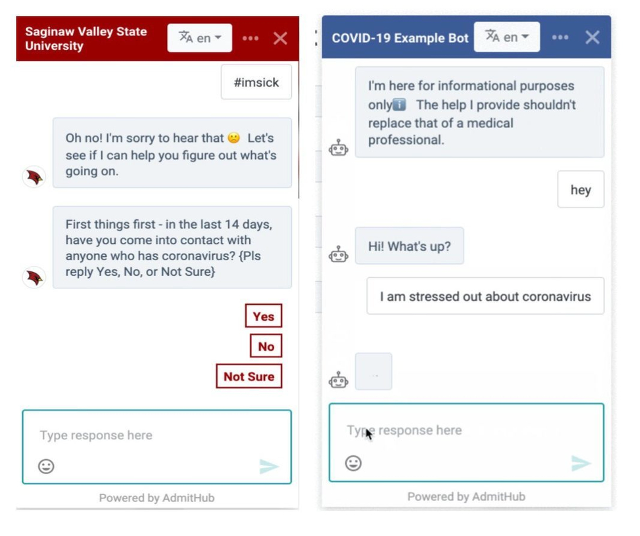

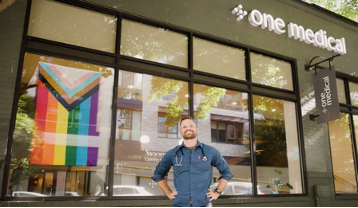
sex is not the same as gender - one is real life whilst the other is categorization ; there are women's sexed based rights based on the fact they are born female at birth and in Mother's womb (or for that matter in a bloody petrie dish are born female ) Women are not "breeders" for the wealthy or "ovens"; nice people tell women ya cant have abortions and ya cant rent out your iwn bodies but hey we can use you and subject and objectify you for the state or the data industrial estate and colonise women and justfy "women face" by stealing women and telling men they can just self identify - no fact no history just plucking it like "Kabuki" when a woman only political cabaret of sorts was also coopted and stolen by men and then women ostracised and silenced - trans is a theatre of the obscene again
https://www.tokyoweekender.com/art_and_culture/japanese-culture/no-women-kabuki-theater-japan/
I really, really appreciate the work your team is doing here. As a uni professor I've seen "mental health awareness" pushed more and more intensively every year I've taught for 20 years now, while student mental health gets worse and worse.
Twice I've been involved in very serious situations involving student mental health. On both occasions the much-touted uni system was utterly useless. When it came right down to it, they had truly nothing to offer and admitted as much quite readily. But they do have tremendous resources devoted to casting out net after net for the "worried well" on campus. It's upsetting to witness.